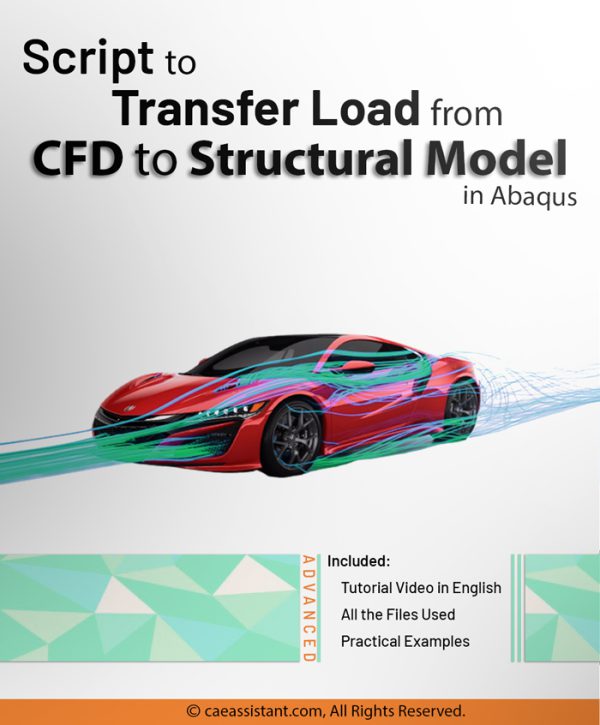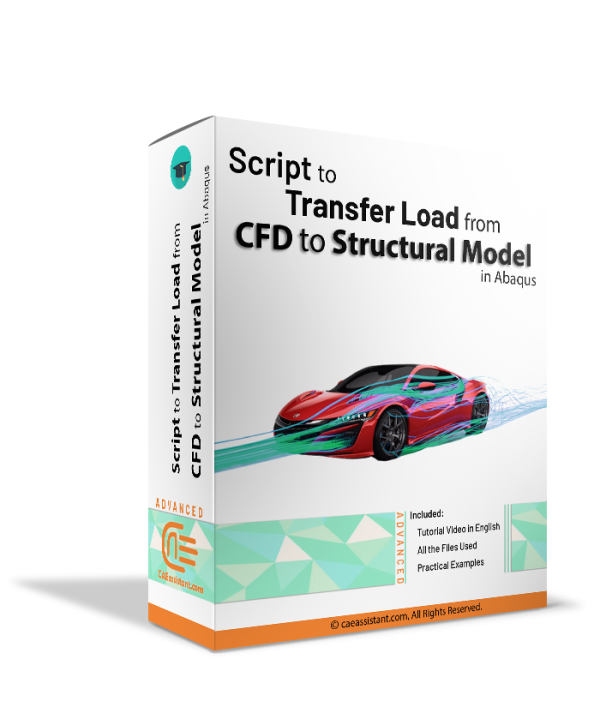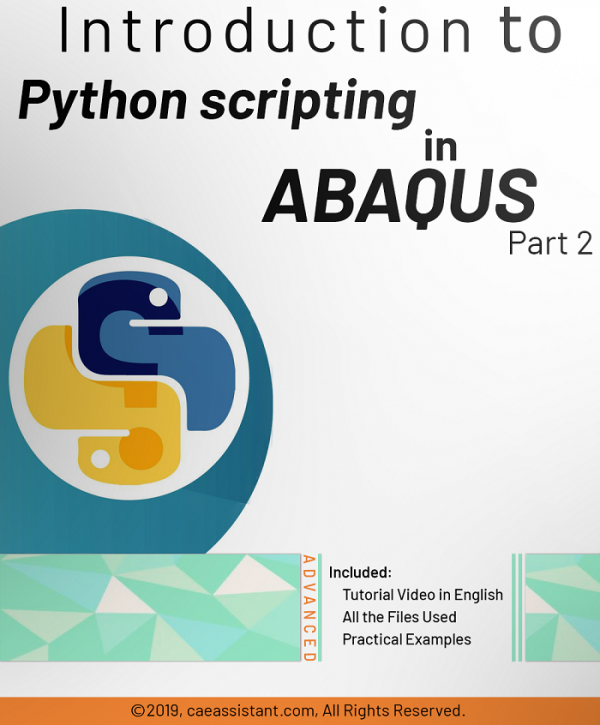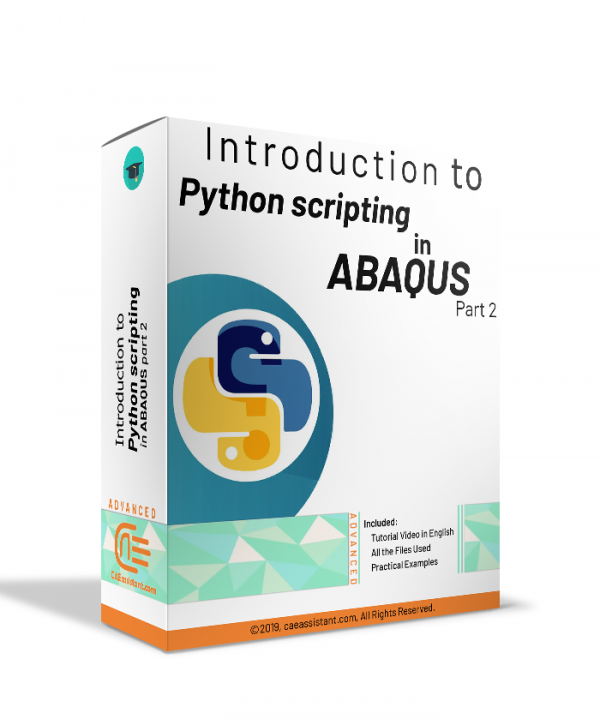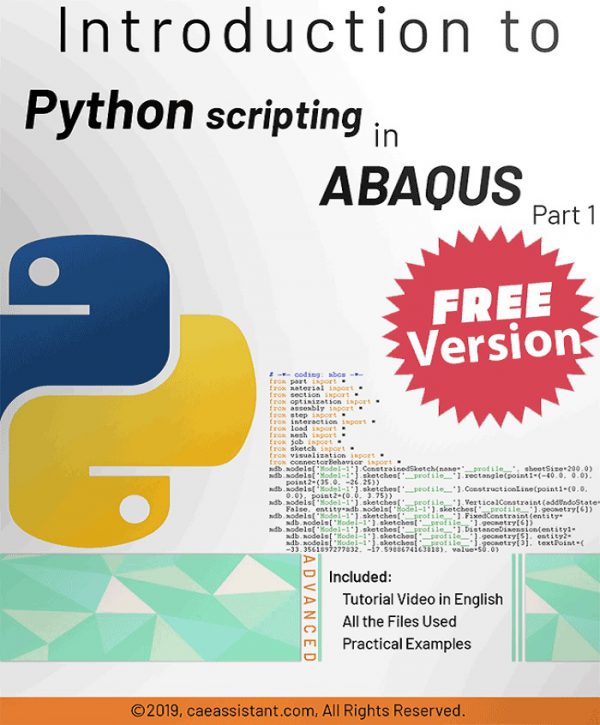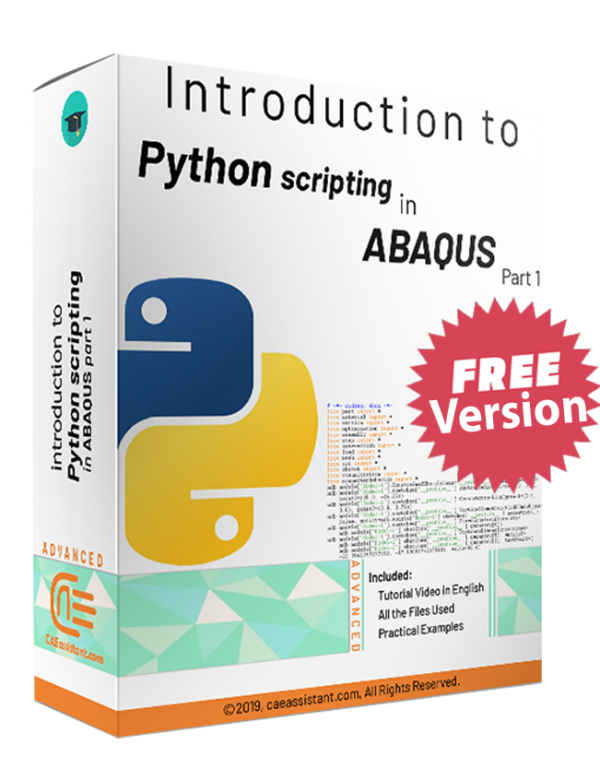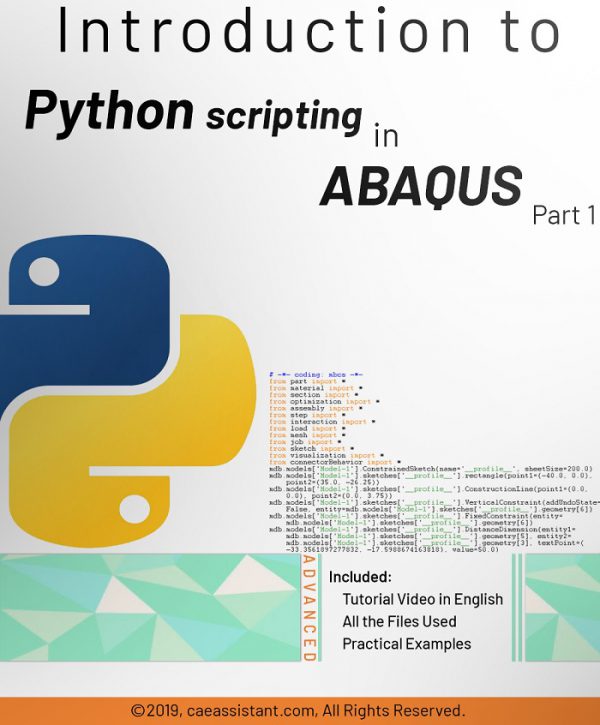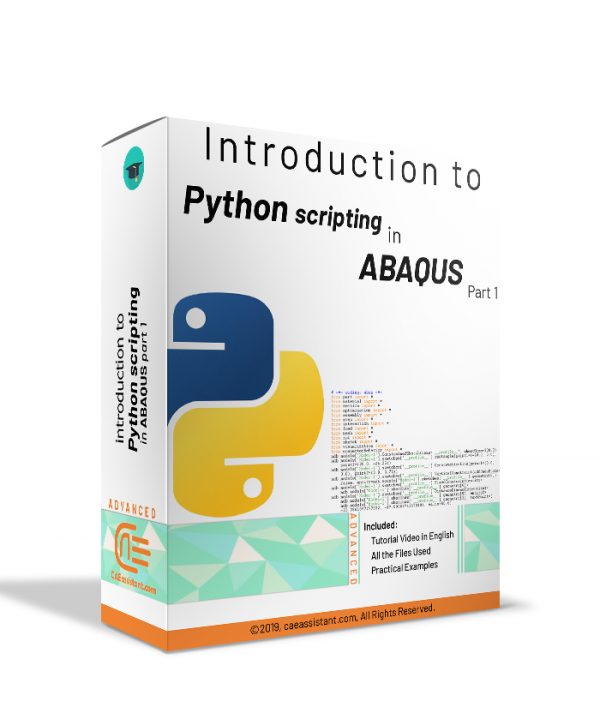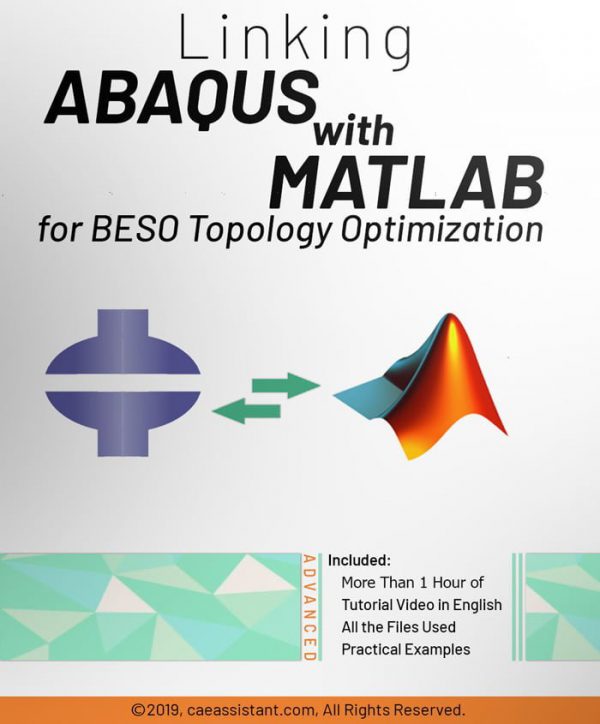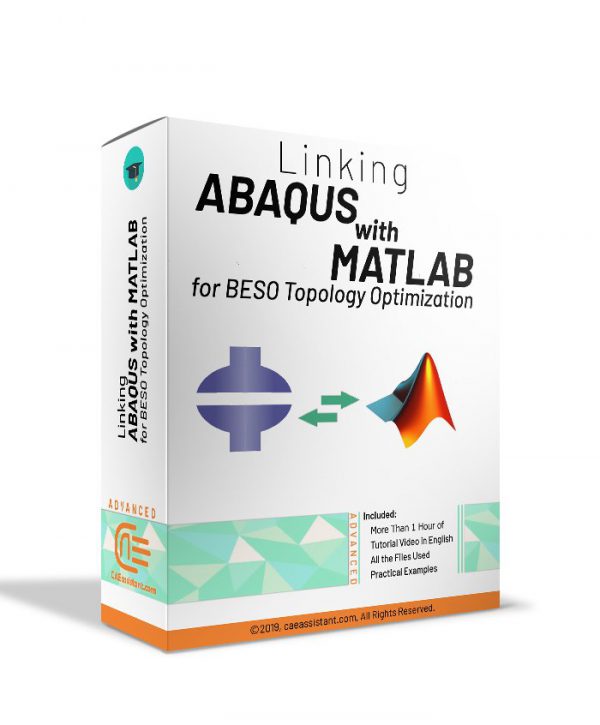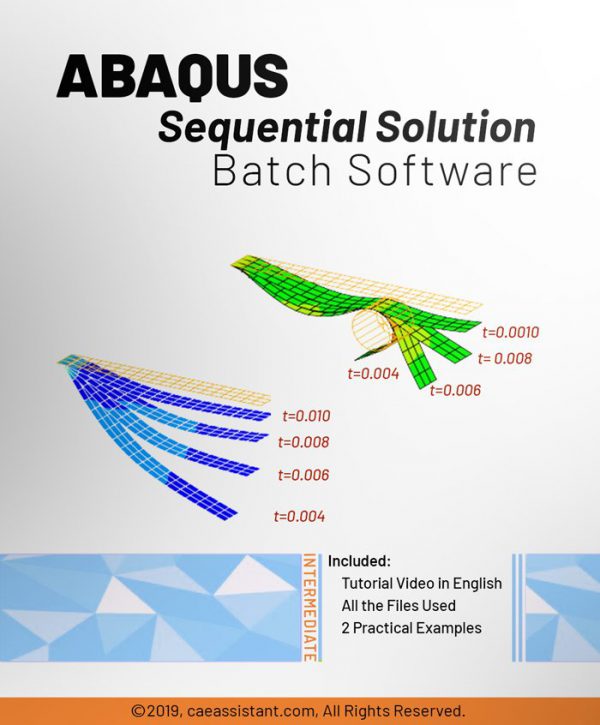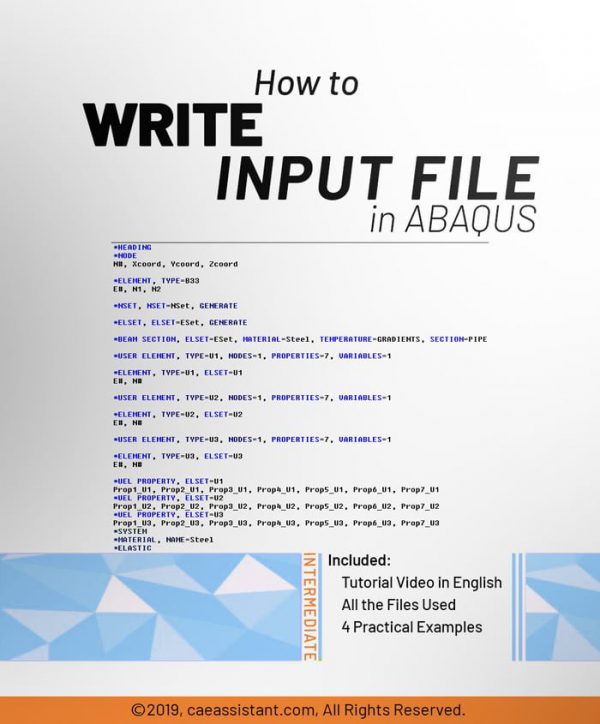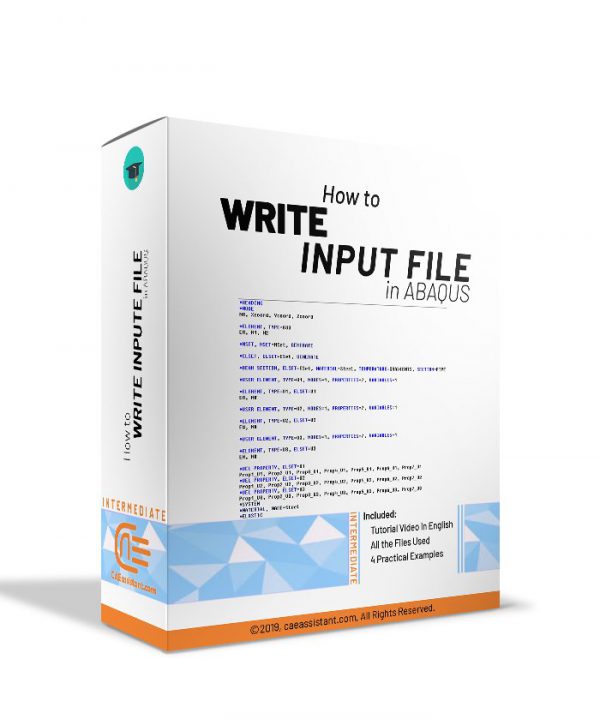Joon Park
Joon Park, a highly skilled expert in scripting with Python for Abaqus, hails from South Korea. With a strong educational background, extensive experience, and deep expertise in Python programming, Joon has emerged as a leading authority in the field of automation and customization for Abaqus simulations.
Education and Early Career:
Joon completed his Bachelor’s degree in Mechanical Engineering from Seoul National University, where he developed a passion for computational methods and programming. Recognizing the power of scripting in streamlining engineering processes, he pursued further education and obtained a Master’s degree in Computer Science from Korea Advanced Institute of Science and Technology (KAIST). During his studies, Joon focused on applying Python programming to enhance the capabilities of finite element simulations.
Professional Accomplishments:
After completing his education, Joon joined a renowned engineering software company in Seoul, where he specialized in developing custom tools and automating workflows for Abaqus users. His exceptional scripting skills and deep understanding of Abaqus APIs allowed him to create efficient and user-friendly solutions for complex engineering problems.
Expertise and Contributions:
Joon Park’s expertise lies in utilizing Python scripting to enhance the functionalities of Abaqus software. He has a comprehensive knowledge of Abaqus APIs, enabling him to automate repetitive tasks, streamline simulation workflows, and build custom tools tailored to specific engineering needs. Joon’s proficiency extends to pre-processing tasks, post-processing data analysis, and generating detailed reports.
His expertise in scripting with Python has enabled Joon to develop advanced optimization algorithms, parameter studies, and sensitivity analyses within the Abaqus framework. By leveraging the power of Python, he has successfully accelerated the simulation process, improved efficiency, and facilitated multidisciplinary design optimization.
Joon actively collaborates with engineers and researchers to understand their simulation requirements and translate them into effective Python scripts. He is known for his ability to develop intuitive user interfaces, enabling non-programmers to utilize complex Abaqus functionalities through streamlined workflows.
Joon Park’s contributions have significantly impacted the engineering community, reducing simulation time, improving accuracy, and promoting innovation. He regularly shares his knowledge through technical presentations, workshops, and online forums, inspiring others to leverage the power of scripting for enhanced engineering simulations.
